July 20, 2023 Update:
On July 17, 2023, the California Supreme Court issued an opinion, Erik Adolph v. Uber Technologies, Inc. addressing a recent 2022 U.S. Supreme Court decision.
Because “[t]he highest court of each State . . . remains ‘the final arbiter of what is state law’ ” (Montana v. Wyoming (2011) 563 U.S. 368, 378, fn. 5), we are not bound by the high court’s interpretation of California law.
This case could set the stage for any litigation about ACA-5 ballot proposition in California scheduled for November 2024. ACA-5 would repeal the unenforceable constitutional provision (Prop. 8), only a marriage between a man and a woman is valid or recognized in California, and would instead provide that the right to marry is a fundamental right, as specified.
Background History:
AB 26 was signed into law by Governor Gray Davis in October 1999, and became effective January 1, 2000. This legislation established a registry of domestic partners, and granted them specific rights, including the right to hospital visits. In March 2000, voters in California passed Proposition 22, which stated “Only marriage between a man and a woman is valid or recognized in California.” The proposition amended the Family Code sections defining marriage. In October 2000, Governor Gray Davis signed AB 25, which expanded some additional rights for domestic partners.
